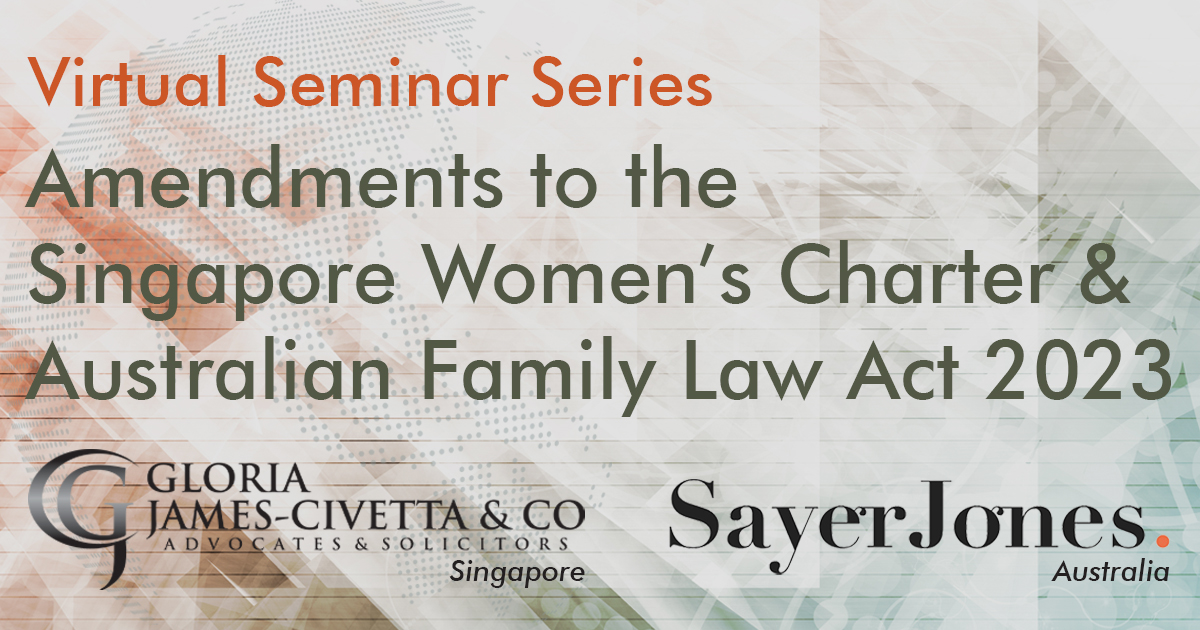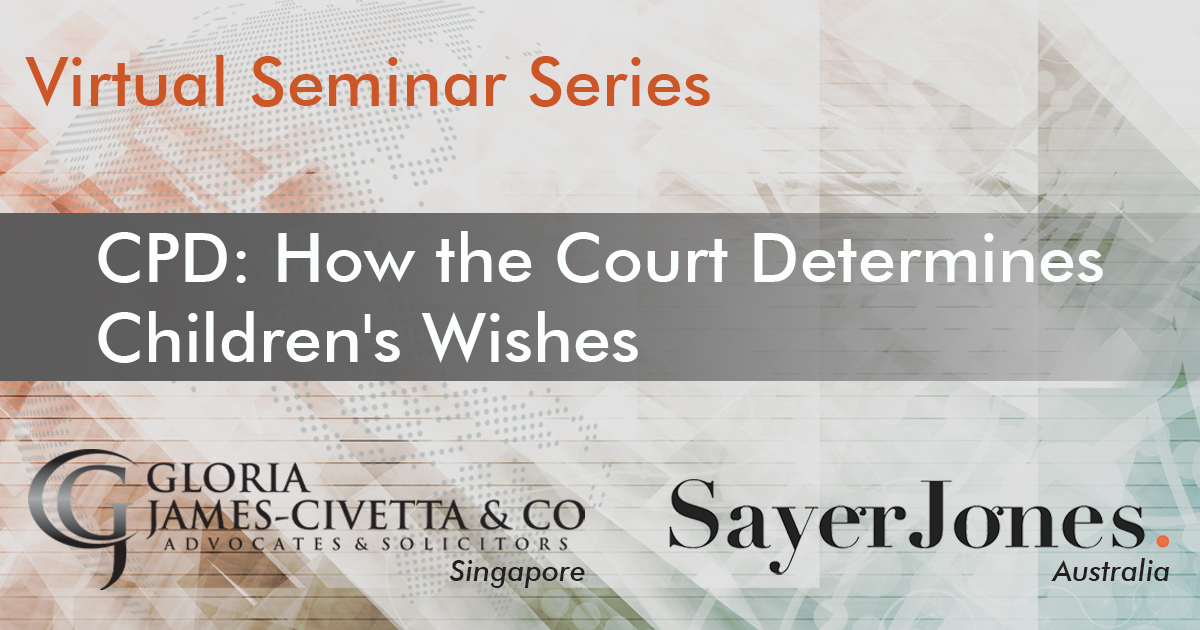The Family Justice Courts (FJC) of Singapore has announced significant amendments to the Family Justice Rules 2014 with the primary aim of making the legal terms and processes more understandable to the general public.
This means legal phrases and processes are being renamed and restructured to be more straightforward and less intimidating.
- Changing Terminology: The terms “ex parte” and “leave of court” will be replaced with more straightforward phrases such as “without notice” and “permission of court,” respectively.
- Roles Redefined: The roles of individuals in court cases will be renamed to be less aggressive; for example, the “plaintiff” will now be called the “applicant,” and the “defendant” will be referred to as the “respondent.”
The idea behind these changes is to lessen the antagonistic feel of legal proceedings, especially in family disputes, which can be emotionally charged.
Modifying Processes in Divorce and Separation Cases
Another major change pertains to how divorce and judicial separation (a legal separation without divorce) cases are handled.
- Simplified Process Expansion: The streamlined process for divorce will extend to judicial separation cases, facilitating couples to settle disputes sooner and more straightforwardly.
- Agreement Flexibility: Couples can utilise the simplified divorce process even if they agree only on the reasons for divorce or separation, not necessarily on other aspects like child custody or maintenance, which is a change from the previous requirement of total agreement.
Some couples choose judicial separation for various reasons, such as adhering to religious beliefs that discourage or are unsure about divorce. While this allows them to live separately, they cannot remarry unless they convert the separation into a divorce.
A Judicial Separation is a court-ordered arrangement whereby a married couple leads separate lives by living apart.
Over the past few years, judicial separation applications have been steadily increasing.
Enabling Faster Resolution and Enhanced Focus
The FJC has articulated that the new amendments will enable parties to swiftly obtain orders related to the dissolution of marriage when uncontested, thereby allowing them to concentrate more on resolving ancillary matters (Children & Assets).
This new approach stems from an extensive review and aligns with the judiciary’s vision to enhance access to justice, as per recommendations in a report aimed at reviewing and enhancing reforms in the family justice system.
The simplified and streamlined rules are slated to be effective from the first quarter of 2024.
Prioritising Child Welfare and Encouraging Harmonious Resolution
FJC Presiding Judge Debbie Ong emphasised the importance of therapeutic justice during her speech at the Family Conference, underlining the need to safeguard the well-being of children entangled in parental disputes.
Therapeutic justice focuses on a non-confrontational approach, aiming to resolve issues and assist parents in managing conflicts and effectively co-parenting.
She also highlighted the essential role of family lawyers in advising their clients to approach divorces amicably, particularly concerning the division of matrimonial assets.
She endorsed a “broad-brush approach” to avoid a potentially contentious division of assets accumulated throughout the marriage. This approach advocates for a fair and equitable division without delving into a precise account of each party’s contribution, recognising that it is often impossible to accurately quantify each spouse’s input throughout the marriage (usually for long marriages).
In summary, these reforms, including simplified legal terms and procedures, are designed to make family law in Singapore more accessible and less adversarial for all involved parties, ensuring a focus on swift and fair resolution and prioritising the welfare of any children involved.











